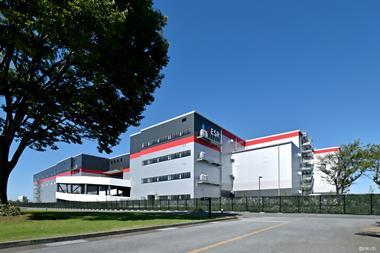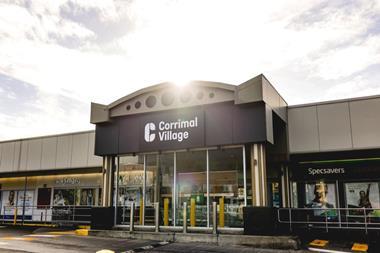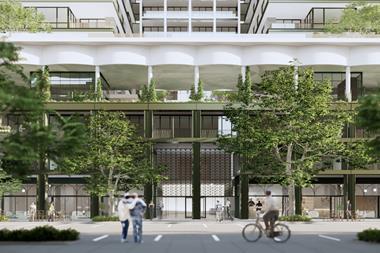Those Australian super funds which have a view of Sydney are focusing on the best positioned assets. Their perspective on Australia's financial centre is provided by Richard Newell
The prospect of an improving economy in New South Wales in core areas, plus positive property market fundamentals, makes greater metropolitan Sydney an appealing place to invest.
In particular, the near term should see continuing improvement in the key commercial office markets, characterised by increasing rents and firming capitalisation rates, underpinned by a benign supply side outlook. With this in mind, some Australian superannuation funds are increasingly supportive of real estate as an asset class.
Super provided additional national savings of about A$65bn (€42bn) in 2006 alone, and it is estimated that around 10% of this is invested in property. Some super funds have yet to approach that benchmark figure and prefer to outsource their real estate exposure. For example, Christian Super has no specific views on the Sydney market.
CEO Paul Beckmann says, "Property forms a small part (5%) of our overall strategic asset allocation and our property holdings are through wholesale products over which we have no influence as regards location."
UniSuper is an Australian superannuation fund that provides retirement benefits primarily for employees of Australian universities. UniSuper's net funds under management total over A$24bn. Chief investment officer David St John says UniSuper has a significant and diversified exposure to the NSW commercial property market, across office, retail and industrial property. Most recently, the fund undertook a very successful redevelopment (A$65m) of Dapto Mall (near Wollongong), acquired an industrial property at Ingleburn (A$22.1m) and settled a 20% interest in the new Optus Headquarters at Macquarie Park (A$70m).
CARE Super general manager, investments, Greg Nolan says the fund is currently overweight the asset class (11% of the balanced fund compared with the benchmark of 10%) but does do not intend at this stage to add significantly to this position: "To date, the board has chosen to invest in core property with some exposure to a Core Plus Office fund. So we are towards the conservative end of the risk spectrum. The investments of our managers therefore focus on office and retail with a small exposure to industrial. They are reasonably well diversified geographically, but exposure is greatest in New South Wales."
UniSuper has a 10% allocation to property across each of its seven investment options, excluding the cash option. As at 30 June 2007, the Fund's property investments amounted to a A$2.3bn exposure, comprising listed investments, unlisted pooled investments and significant directly owned unlisted diversified property portfolio. David St John comments, "The fund has in recent years built an overweight position to the office sub sector relative to its long-term allocations. This position has paid off for the fund as a result of the continuing improvement in CBD office market fundamentals in recent years. It is envisaged that this overweight position will progressively revert to its long-term allocation."
David St John observes that demand from investors, particularly for well-located sub-regional shopping centres supported by solid demographics, and continuing turnover sales growth, has underpinned solid returns from retail property recently. "The prospect of macro economic factors impacting on near-term retail spending is offset by strong long-term property fundamentals, particularly on the supply side, for well-located retail property in Sydney.
"In spite of the ready supply of zoned industrial land and the relatively weak NSW economy constraining rental growth in recent years, modern purpose-built distribution centres near major transport nodes continue to be highly sought after and cap rates have declined accordingly. The outlook for the Sydney industrial property sector more generally will be closely linked to the health of the NSW economy. However, it will be important to own industrial property assets that provide modern facilities and which are located close to new road infrastructure nodes."
Frank Sorgiovanni, senior property analyst for Charter Keck Cramer, says: "There is definitely potential for non-residential property yields to fall further. Non-residential property yields in Australia have been defying market expectations and are continuing to fall. At the top end, cashed-up institutions and funds are competing for a diminishing pool of high value assets to park in trusts for long-term income streams. With A$1.2tn of superannuation already under management in Australia, it is unlikely that pressure for investment real estate both locally and offshore is about to ease."












